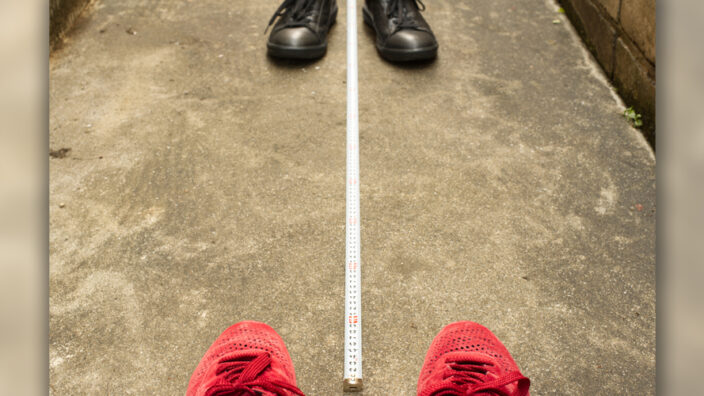The USPS Health and Wellness team wants to help employees learn about the importance of sleep.
Sleep isn’t a luxury — it’s vital for good health. Good habits — also known as sleep hygiene — can improve your physical, mental and social well-being.
The amount of sleep you need changes as you age. According to the Centers for Disease Control and Prevention (CDC), adults need approximately 7-9 hours of sleep per night.
A third of American adults don’t get enough sleep, a problem that is associated with many chronic diseases and conditions, including heart disease, obesity, diabetes and depression. Lack of sleep can also result in drowsy driving and mistakes at work, leading to serious injuries and disabilities.
The quality of your sleep is also important. Signs of poor sleep quality are not feeling rested after awakening, frequently waking up during the night, and having symptoms of sleep disorders, like snoring or gasping for air.
Sleep disorders can also increase risk for health problems, but they can be diagnosed and treated. Common sleep disorders include insomnia, narcolepsy, restless leg syndrome and sleep apnea.
To improve your sleep, follow these tips:
• Be consistent and go to sleep at the same time each night and get up at the same time each morning, including weekends.
• Maintain a quiet, dark, relaxing bedroom with a comfortable temperature.
• Keep electronic devices — including televisions, phones and computers — out of your bedroom.
• Avoid eating large meals or drinking caffeine or alcohol before bedtime.
• Exercise regularly. Being active during the day can improve your sleep at night.
The CDC website has more information on sleep, while the Wellness LiteBlue page has overall health information.



